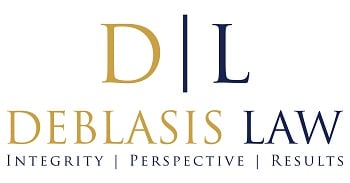As a creditor involved in debtor-creditor litigation, understanding and enforcing your rights is crucial. This process involves complex legal steps and financial implications. Knowing your rights and the necessary steps to take can help you effectively manage and enforce debt recovery.
Understanding creditor’s rights
Debtor-creditor litigation centers on creditors’ efforts to recover unpaid debts, such as credit card bills, personal loans, or business debts. Familiarity with the legal basis for these actions and the litigation process is essential for effective debt recovery.
Steps to take when initiating litigation
Begin by verifying the accuracy of the debt claim, ensuring all creditor details and the amount claimed are correct. Mistakes in documentation or debtor identity can impact the case.
It’s important to engage a lawyer specializing in creditors’ rights. A skilled lawyer can negotiate settlements or represent your interests in court.
Ensure prompt responses to all legal notices and court summons. Adhering to legal protocols strengthens your case and avoids complications.
Legal defenses against debtor claims
Creditors should be aware of common debtor defenses:
- Statute of limitations: Debts may be too old to collect based on state laws.
- Improper notification: Creditors must follow strict procedures when notifying debtors about debts and actions.
- Dispute the debt amount: Be ready to validate the debt amount if the debtor disputes it.
The importance of documentation
Keeping detailed records of all financial transactions and communications with debtors is crucial. These documents support your case in court and demonstrate compliance with creditors’ rights.
How to handle debtor-creditor litigation
Knowing and enforcing your rights as a creditor is key in debtor-creditor litigation. When you understand what steps to take, you can navigate these challenges successfully.
